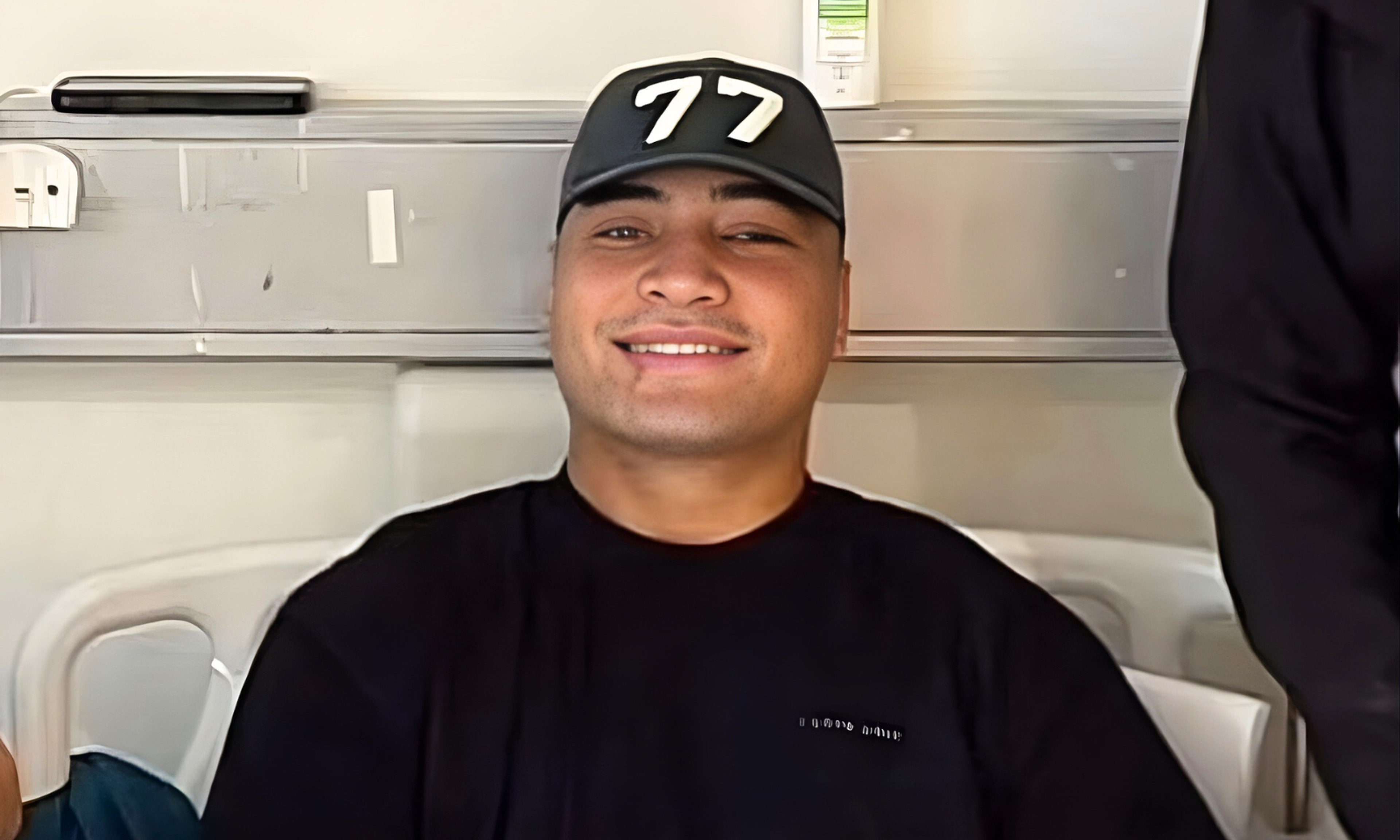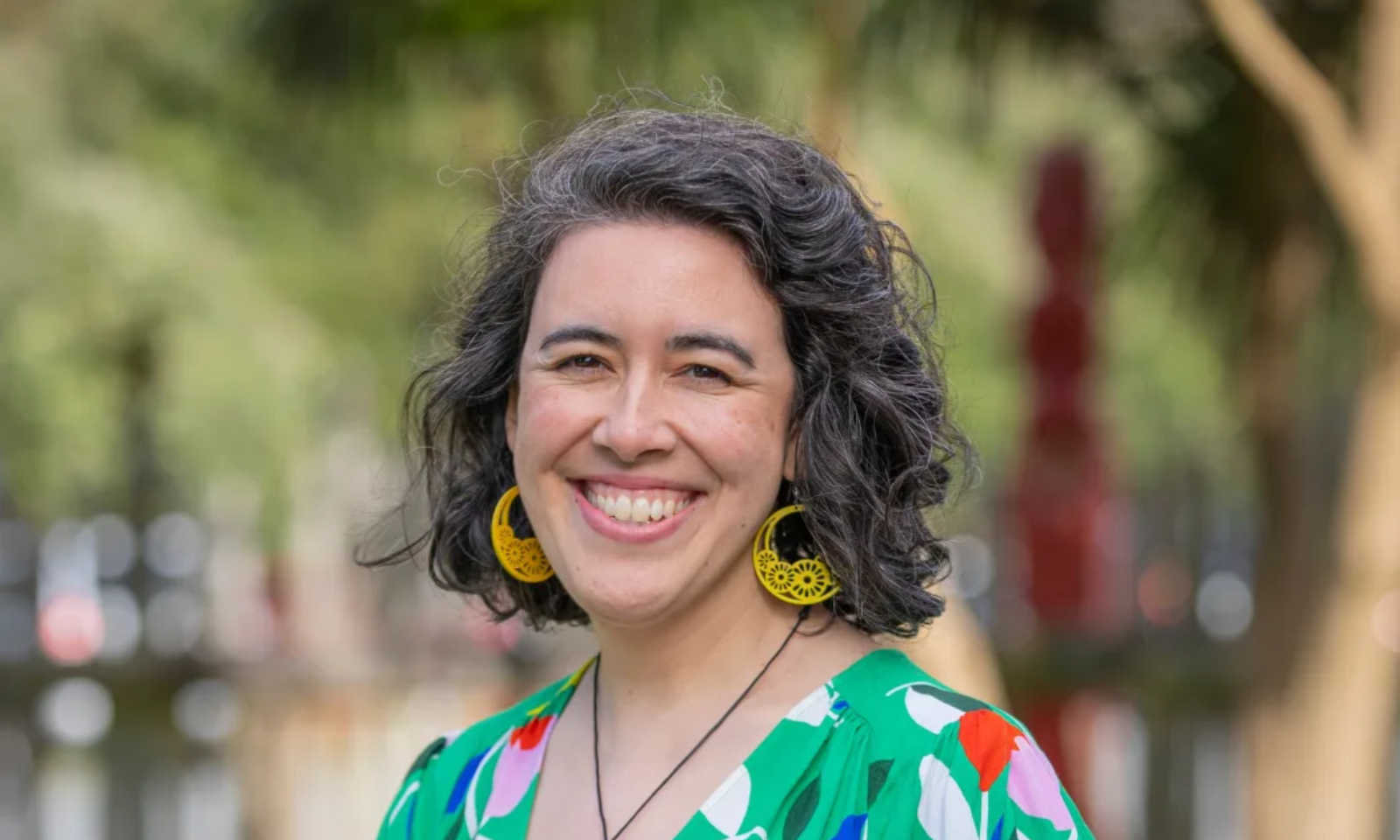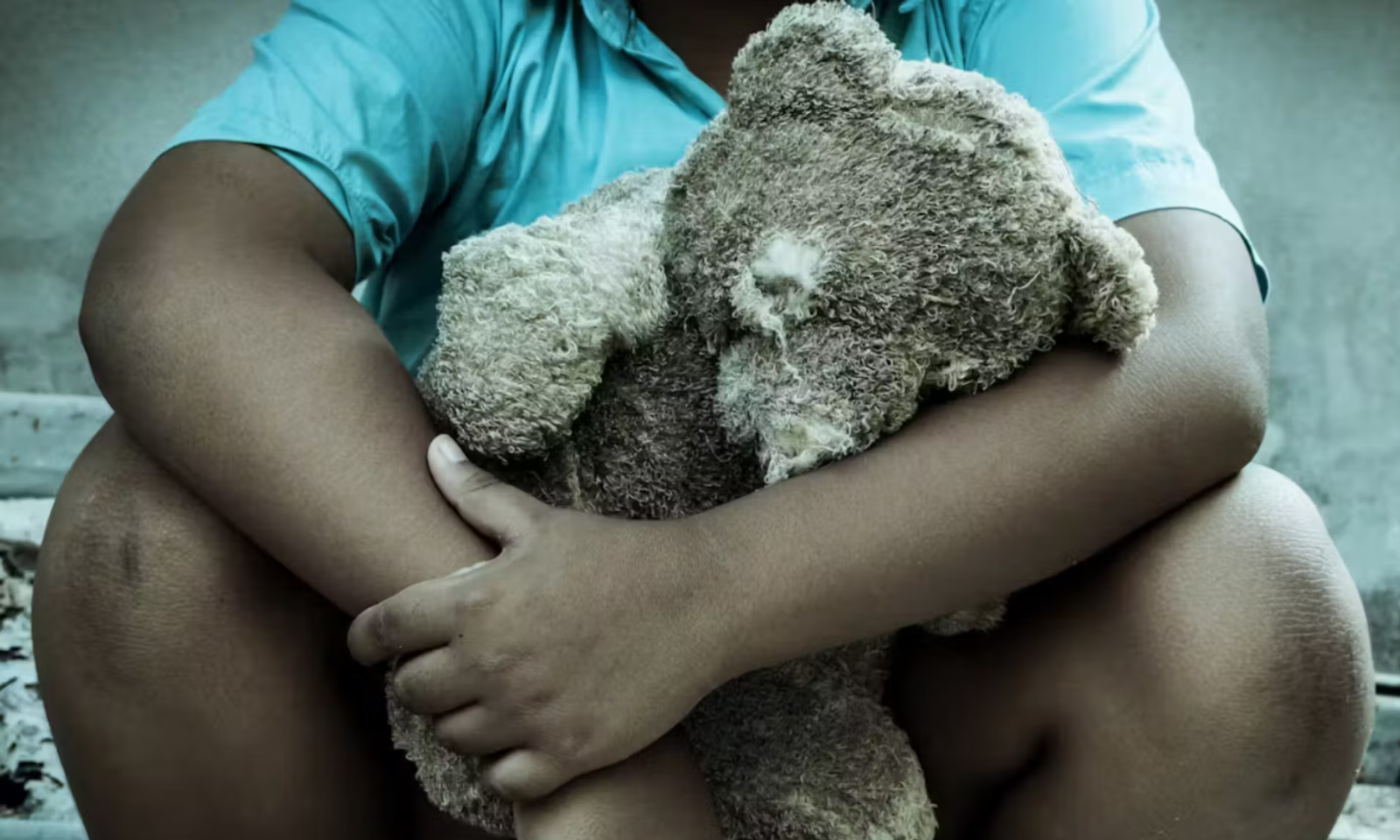

Dr Claire Achmad says the Government has missed the boat on centring youth voices in the Suicide Prevention Action Plan.
Photo/PMN Composite/RNZ
Children Commissioner wants Māori and Pacific youth in NZ suicide prevention efforts
Dr Claire Achmad criticises the Government’s action plan, saying it excludes vital insights from youth in tackling the crisis amid rising suicide rates.



Rugby League legend demands change after Katoa's brain injury




Cook Islands wartime veterans finally get long overdue recognition

Rugby League legend demands change after Katoa's brain injury


This article discusses topics such as suicide and self-harm.
New Zealand’s Chief Children’s Commissioner, Dr Claire Achmad, is concerned that the Government’s Suicide Prevention Action Plan lacks critical input from Māori and Pacific youth.
She says the plan fails to incorporate youth perspectives, despite a commitment to reducing suicide rates.
Recent reports indicate New Zealand has the highest suicide rate, with Pacific and Māori communities disproportionately affected.
In an interview with Ala Vailala on Pacific Mornings, Achmad emphasised the need to address systemic barriers and stressors such as poverty and housing instability.
She says these contribute to poor mental health outcomes.

Photo/Supplied
The UNICEF Innocenti Report Card recently revealed that Aotearoa New Zealand has the highest youth suicide rate in the developed world.
In 2023, the UN Committee on the Rights of the Child provided recommendations to the Government, which Achmad criticises as a missed opportunity to address the underlying causes of youth suicide.
Achmad says that while the government has demonstrated a commitment to reducing suicide rates, input from youth is notably absent from the action plan.

Chief Children's Commissioner Dr Claire Achmad. Photo/Mana Mokopuna
“[What] is missing from my perspective in this plan is enough of a focus on children and young people and indeed our Pacific children and young people,” she says.
“[The recommendations] highlighted and called for a specific focus on reducing disparities in the suicide prevention plan for our Pacific children and young people, and so this is a bit of an opportunity missed that there's not enough focus in this plan.”
Achmad says there is a need for ongoing attention to the broader influences on youth mental health, such as poverty and housing instability, which place immense stress on Māori and Pasifika rangatahi.
“Poverty is not determinative of poor mental health outcomes, but we do know that it can cause a lot of toxic stress in people's lives,” she says.
“If we look at the poverty statistics, we do know that our Pacific children are bearing the brunt of a lot of this impact of poverty alongside our mokopuna Māori.”
Watch Dr Claire Achmad's full interview below.
Pacific, Māori, disabled, and LGBTQ+ rangatahi have the highest rates of attempted suicide, and they have disproportionately higher suicide rates among Māori and Pacific people.
Achmad says the Government must first acknowledge and address systemic barriers, such as structural racism, which continue to affect the wellbeing of Māori and Pacific communities.
“Structural and systemic racism continues to affect the lives of too many of our Pacific young people if we are serious about addressing this issue of suicide,” she says.
Achmad says she is relieved that Cabinet reversed its decision to sanction abuse in care for survivors who are now gang members, adding that all victims must be entitled to full redress.
She believes more needs to be done to prevent the harms inflicted on young people in state care, and that active measures should be taken to address the negative factors driving youth towards anti-social behaviour, including gangs and violence.

Photo/File
She also believes that reducing the influence of gangs on vulnerable rangatahi requires providing pro-social spaces that foster belonging, connection, and purpose.
Achmad says existing legal frameworks do not adequately support Pacific young people facing precarious immigration situations.
She says Pacific children, who have lived their entire lives in New Zealand, should not be left stateless.
“We do need to think about what those places of belonging and connection and community for our young people are, and what are the pro-social things that we can now put in place to prevent these things from happening again.
“The last thing that we want them to be facing is a situation of statelessness, so we do need to look at this and address this particular issue.”